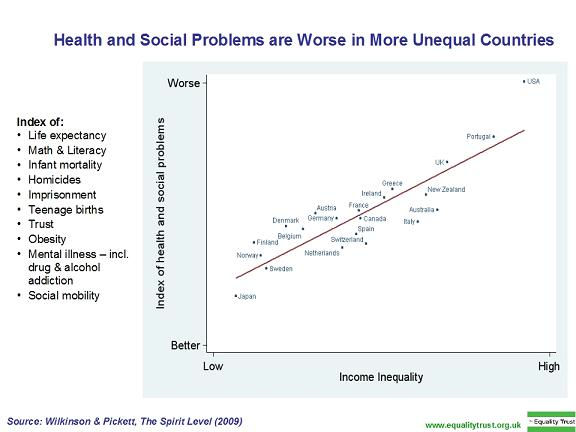Over the last few months I’ve been entertaining the question: How exactly does a country exit a currency union? (Have I mentioned that 99 times out of a hundred harboring ideas about how to reform the currency system is a sign of mental illness?)
You need to act quickly. Otherwise you get a bank run. As long as the liquid assets are in bank accounts swapping them from the old to the new currency is a straight forward procedure. Same for your bonds, loans, contracts, etc. If the liquid assets are in people’s wallets it’s more tedious to swap in the new currency. I doubt it’s effective to announce that the old currency is no longer legal tender. But, since it’s likely that your purpose in exiting a currency union is to regain control over the money supply.
Let’s assume your exiting the union because your economy is being forced into a depression because you lost control over you money supply. In that case you probably want to flood the market to increase the money supply. So you can push a lot of your new currency into the system; and gain some traction due to the way bad money drives out good.
I got to thinking about how to do the switch quickly. If anybody discovered that you were printing up fresh Drachmas it would trigger the bank run. I’m greatly amused by the idea that creates an opportunity for some risk loving entrepreneur, let’s call him Bob. Bob secretly prints up huge batch of replacement currency. He transports it to the capital of the country and knocks on the door of the Treasury. He explains: “If you decide you need to act, here’s my number – I’ve got just what you need.” Even if Bob’s offer leaks it’s not the same signal to the market as the news that the Treasury has commissioned a new currency.
Then I found my self wondering, well, what might you do if you had the chance to redesign a currency from scratch? None of these ideas seem likely; but they are fun. For example you could decide that the entire credit/debit card system is stupid and nationalize it. I consider it amazing that we have allowed private entities to tax a large percentage of all transaction. For example you could decide that you wanted all transactions to be anonymous, or conversely that you wanted all of them to be public. These choices all play into your tax system’s architecture.
None of these radical currency redesign ideas are likely given the need to act fast and in secret. But then, just maybe Bob could figure out a way to sweeten his offer by bundling in one or more of these. Which brings me to my most depressing thought. Does Paypal have a team working on this?




